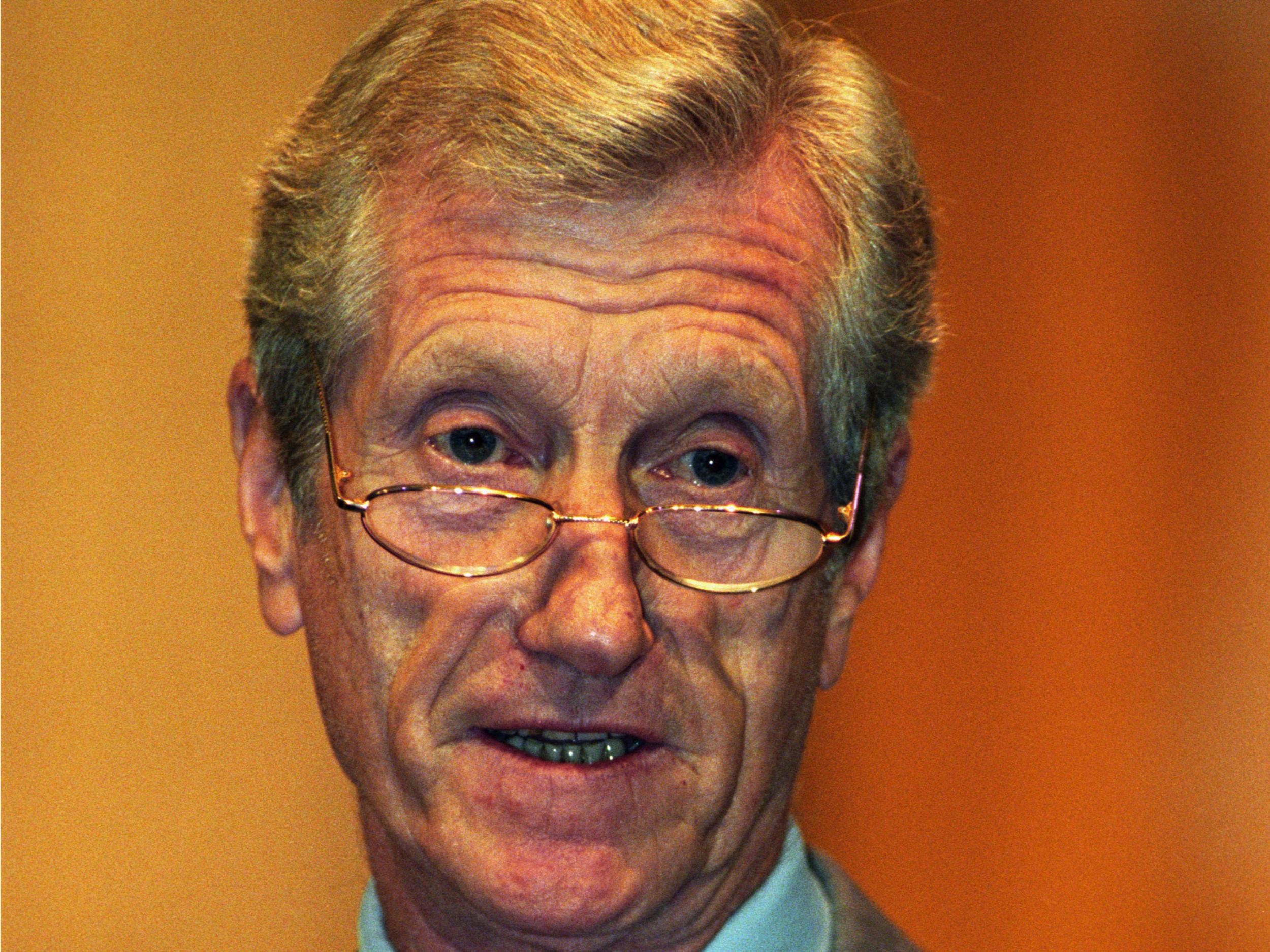Politics Explained: A short history of political advisers who caused problems
Dominic Cummings is not the first aide to embarrass a leader, writes John Rentoul


History is littered with advisers who “became the story”. The English Civil War broke out only when parliament could no longer pretend that it was the king’s advisers who were the problem. Rasputin’s influence over Tsar Nicholas II was blamed for the Russian royal family’s unpopularity.
In recent times the outcomes have been less bloody, but still dramatic. Since Harold Wilson regularised political advisers in the 1960s, euphemistically calling them “special advisers”, a few of them have achieved great notoriety. Wilson’s press secretary, Joe Haines, was an early example of a political appointee who wielded great influence – although he managed to avoid embarrassing his boss until after he left office.
Margaret Thatcher’s economic adviser, Sir Alan Walters, clashed with Nigel Lawson, her chancellor, who tried to maintain the value of the pound against the German Deutschmark. Thatcher refused to let Sir Alan go, so Lawson himself resigned, the first breach in her defences that led to her own downfall a year later.
Under Tony Blair, a special adviser – the term had by now been shortened to “spad” – called Jo Moore became briefly famous for sending an email to colleagues on the day the planes flew into the twin towers in New York: “It’s now a very good day to get out anything we want to bury.” The story was broken by The Independent a few months later, and Moore became a teacher instead.
Another of Blair’s special advisers, Alastair Campbell, became one of the most powerful people in the New Labour government. Like Haines, he was the prime minister’s press secretary (a term by now upgraded to director of communications), but he was at Blair’s side for so long that he became the focus of an increasingly hostile media.
Like Dominic Cummings, Campbell went on TV to answer questions about his role in a controversy that was engulfing the government. Campbell invited himself on to Channel 4 News to dispute the charge that the government had inserted information it knew to be wrong in the intelligence dossier on Iraq. Blair had reluctantly agreed he could do the interview, but regretted it, and a few weeks later they both agreed it was time for Campbell to stand down – after nine years of working closely together.
Gordon Brown had enough problems as prime minister, damaging himself by not calling an election soon after he took office, and being damaged by the financial crash and the MPs’ expenses scandal. The embarrassment caused by the behaviour of Damian McBride, a special adviser who was his press secretary for two years, paled into insignificance: McBride resigned when a plan to set up a website to publish anonymous and untrue allegations about leading Conservatives and their spouses was exposed.
David Cameron hired Andy Coulson, the former editor of the News of the World, as his director of communications, despite the conviction of one of his reporters for phone hacking. He lasted eight months, unable to do the job effectively because of questions about his previous role.
Which brings us finally to Dominic Cummings, a special adviser so famous he has been portrayed by Benedict Cumberbatch on TV and yet who most people had never heard speak until his hour in the Downing Street garden on Monday. History suggests that prime ministers can move on from problems if controversial spads leave; but the one who stayed, Sir Alan Walters, ended up bringing his prime minister down.
Join our commenting forum
Join thought-provoking conversations, follow other Independent readers and see their replies
Comments